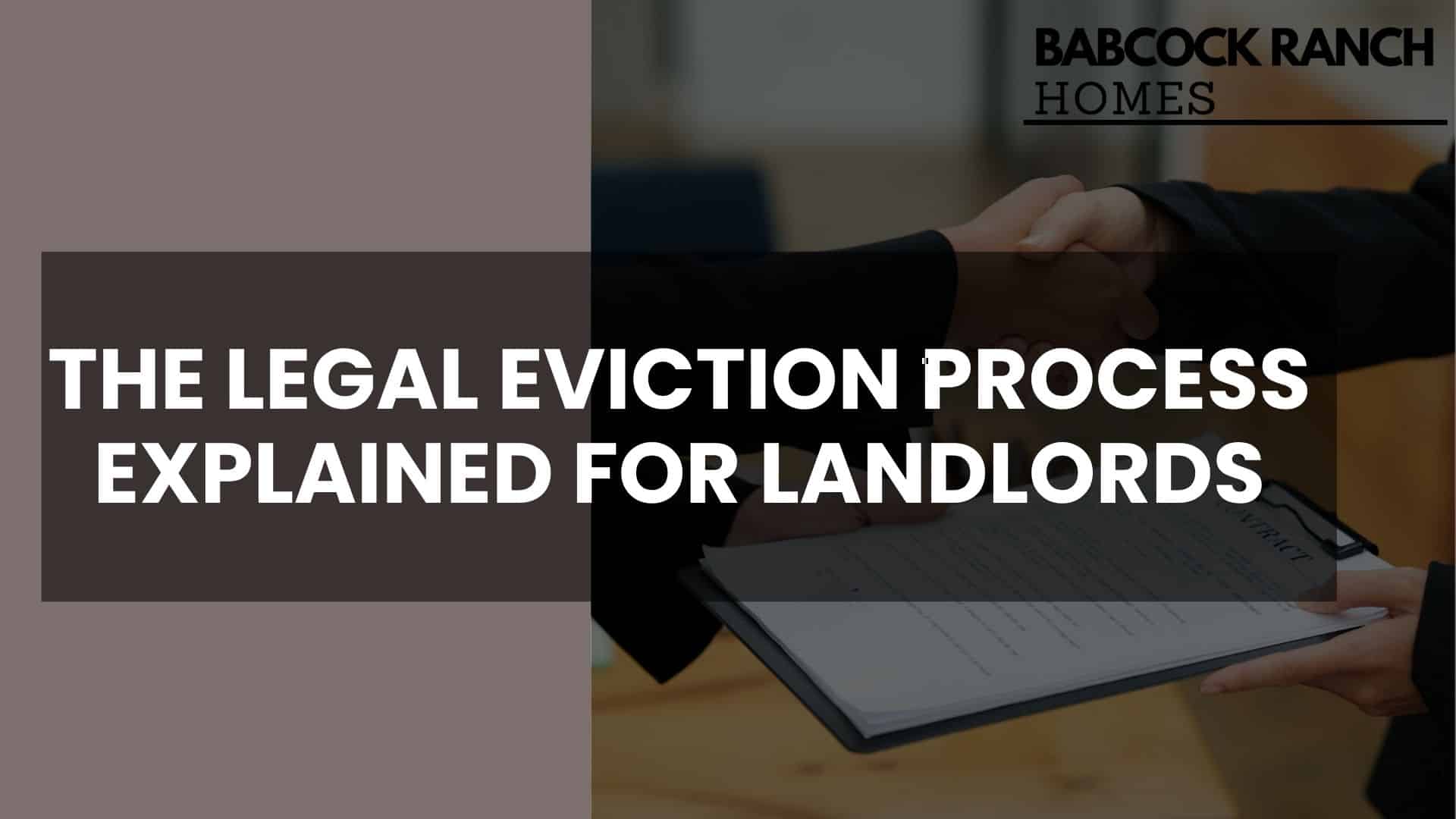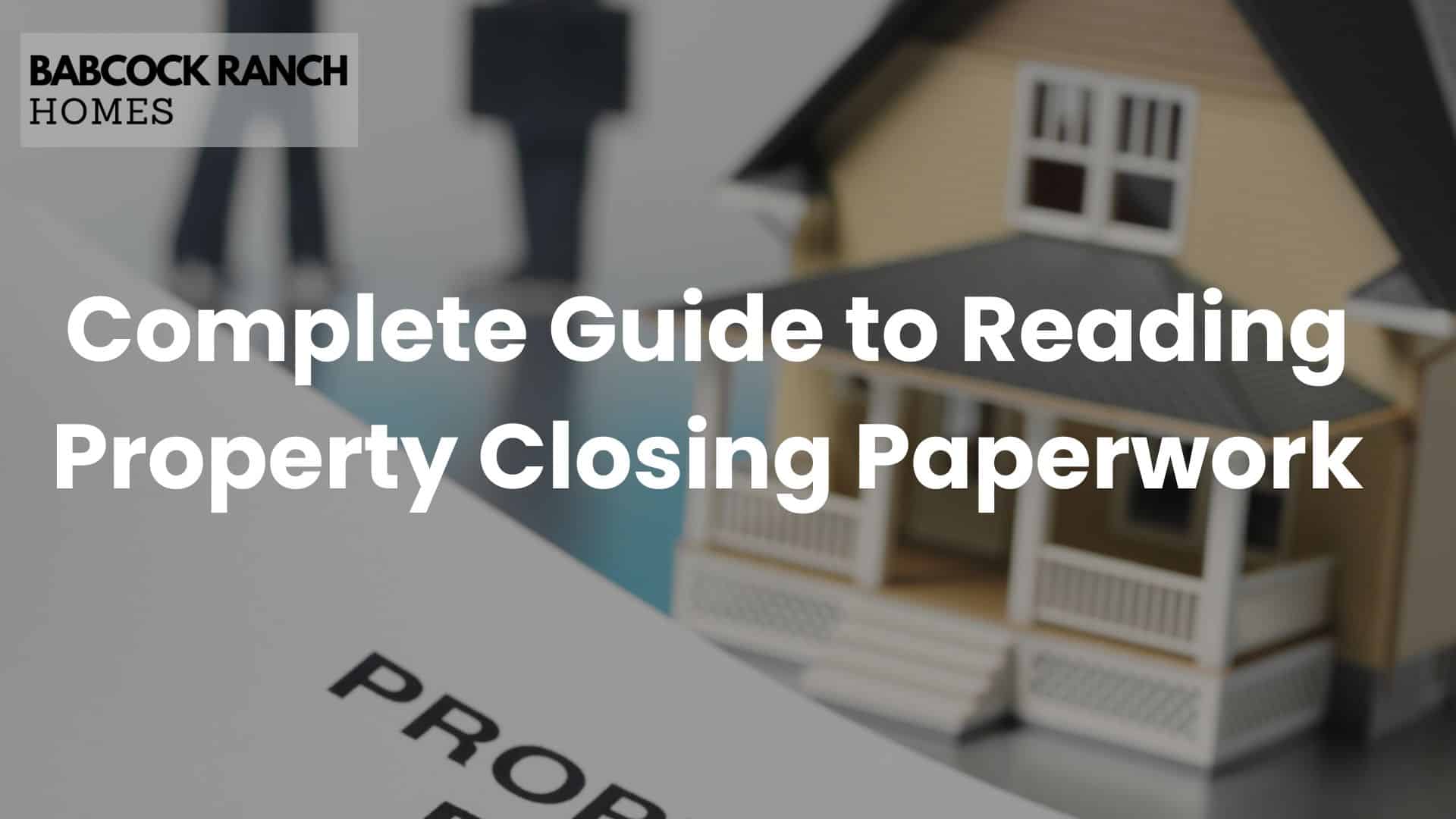
Nearly 43% of commercial land deals now include clauses allowing delayed purchase decisions. This growing trend stems from flexible arrangements that let investors secure opportunities while managing risk. Unlike standard transactions, these agreements create one-way obligations favoring the party seeking future control.
Specialized purchase rights empower potential acquirers to lock in pricing during market fluctuations. The arrangement gives exclusive access without requiring immediate financial commitment. Sellers must honor agreed terms if the holder exercises their privilege, while buyers retain exit flexibility.
Legally binding documents outline critical details like timeframes, payment structures, and property specifications. Proper documentation prevents disputes and ensures enforceability across jurisdictions. These frameworks prove valuable for residential upgrades, land banking strategies, and commercial development ventures.
Key Takeaways
- Exclusive purchase rights without mandatory follow-through
- Seller obligations vs. buyer flexibility balance
- Legal documentation requirements for enforceability
- Strategic applications in diverse market conditions
- Risk management through delayed commitment
- Price locking mechanisms during negotiation periods
Understanding Real Estate Option Contracts
Nearly 15% of U.S. property transactions now involve contractual arrangements that prioritize strategic flexibility. These agreements create pathways for both parties to navigate market uncertainties while preserving opportunities.

Definition and Overview
An option contract grants exclusive rights to acquire a property within a defined timeframe. Unlike standard purchase agreements, you aren’t obligated to follow through. The seller must honor the terms if you exercise your privilege, even if market values shift.
- Non-binding acquisition rights for potential purchasers
- Fixed pricing during the negotiation window
- Compensation for property owners via upfront fees
Benefits for Buyers and Sellers
Purchasers gain breathing room to secure financing or evaluate zoning changes. Sellers receive guaranteed income through non-refundable option payments, even if deals collapse.
- Risk mitigation through predefined exit strategies
- Price protection against volatile market swings
- Streamlined due diligence processes
What is a Real Estate Option Contract
Legal precision separates enforceable agreements from casual promises in property transactions. Clear terms protect your interests while meeting jurisdictional requirements. This framework prevents ambiguity when exercising rights or fulfilling obligations.

Key Terms and Components
Four pillars form the foundation of valid purchase rights agreements:
- Written Documentation: Courts require signed paperwork to validate terms and conditions
- Pinpoint Descriptions: Lot numbers, structural details, and boundary lines eliminate confusion
- Fixed Timeline: Typically 6-24 months for decision-making without extensions
- Locked Pricing: Guaranteed rates despite market fluctuations during the active period
Legal Foundations and Documentation
The Statute of Frauds mandates written records for land deals across all states. Your paperwork must specify:
- Payment schedules for non-refundable option fees
- Consequences for missed deadlines or breaches
- Jurisdiction governing dispute resolution
Properly executed documents prevent “he said/she said” conflicts. Attorneys often draft clauses addressing zoning changes or environmental issues. This preparation saves time and money if challenges arise later.
Exploring Option Periods and Fees
Strategic timelines and payment structures shape how agreements unfold. Negotiated timeframes allow thorough evaluations while securing temporary exclusivity. This balance benefits both parties through clear expectations and financial safeguards.

Importance of the Option Period
Your option period acts as a safety net. It lets you verify property conditions, secure loans, and assess market trends. Most residential deals use 10-30 day windows, while commercial projects might need 6+ months.
Shorter periods reduce seller risk but limit due diligence. Extended timelines increase upfront costs but provide flexibility for complex transactions. Always match the timeframe to your specific needs.
Option Fee versus Earnest Money
Two distinct payments protect interests differently:
- Option fees: Non-refundable compensation paid directly to owners
- Earnest money: Refundable deposit held by third parties
Fees secure your exclusive purchase rights without obligation. Earnest funds demonstrate commitment to closing the deal. If you walk away, you lose the fee but might recover earnest money per contract terms.
Practical Applications and Examples
Flexible acquisition strategies reshape how investors approach property deals. These arrangements unlock opportunities across development projects and residential markets while managing financial exposure.
Property Development and Investment Scenarios
Developers often secure land through timed agreements. A company might pay 5-10% of a parcel’s value for 18-month exclusivity. This lets them finalize permits and funding without full purchase obligations.
Locked pricing prevents competitors from bidding during due diligence. Investors control prime locations while assessing market conditions. These strategies prove vital when zoning changes or infrastructure plans could boost value.
Lease Options and Residential Transactions
Rent-to-own setups help tenants transition to ownership. A three-year lease might credit 25% of monthly payments toward a future down payment. This bridges gaps for those improving credit scores or saving for closing costs.
Landlords benefit from stable occupancy and potential sales. Both parties agree on purchase terms upfront, reducing conflicts later. Such deals often include price ceilings to protect against market spikes.
Connect with Babcock Ranch Homes
Local expertise makes a difference when navigating property decisions. Babcock Ranch Homes brings deep community knowledge to every transaction, offering tailored solutions for diverse needs.
Your Resource for Property Guidance
The team at Babcock Ranch Homes simplifies complex transactions through personalized support. Their professionals help evaluate whether specialized arrangements align with your goals. You gain clarity on local market dynamics while exploring flexible strategies.
Key services include:
- Customized advice for purchasers and property owners
- Analysis of contractual benefits and obligations
- Neighborhood-specific trend assessments
Reach their Florida-based specialists at 518-569-7173 for direct consultations. The company’s Babcock Ranch location provides firsthand insights into emerging opportunities and regulatory considerations. Whether you’re securing land or evaluating sale terms, their guidance helps you make informed choices.
Conclusion
Strategic property agreements have transformed how investors approach acquisitions. These arrangements balance opportunity exploration with financial safeguards, offering structured pathways for both parties. You’ve gained insights into mechanisms that prioritize flexibility while maintaining legal enforceability.
Key components like written terms and fixed timelines create binding obligations for property owners. Non-refundable fees secure temporary exclusivity, letting potential purchasers assess markets or secure funds. This framework shifts risk management strategies in commercial and residential deals alike.
Understanding payment distinctions proves critical. Upfront option fees compensate owners for reserving assets, while earnest money signals serious purchase intent. Proper documentation ensures compliance with regional laws and prevents disputes.
Whether evaluating land development or lease-to-own scenarios, these contracts provide adaptable solutions. You can now assess how such agreements might align with your acquisition goals. Knowledge of core principles empowers smarter decisions in dynamic markets.



















